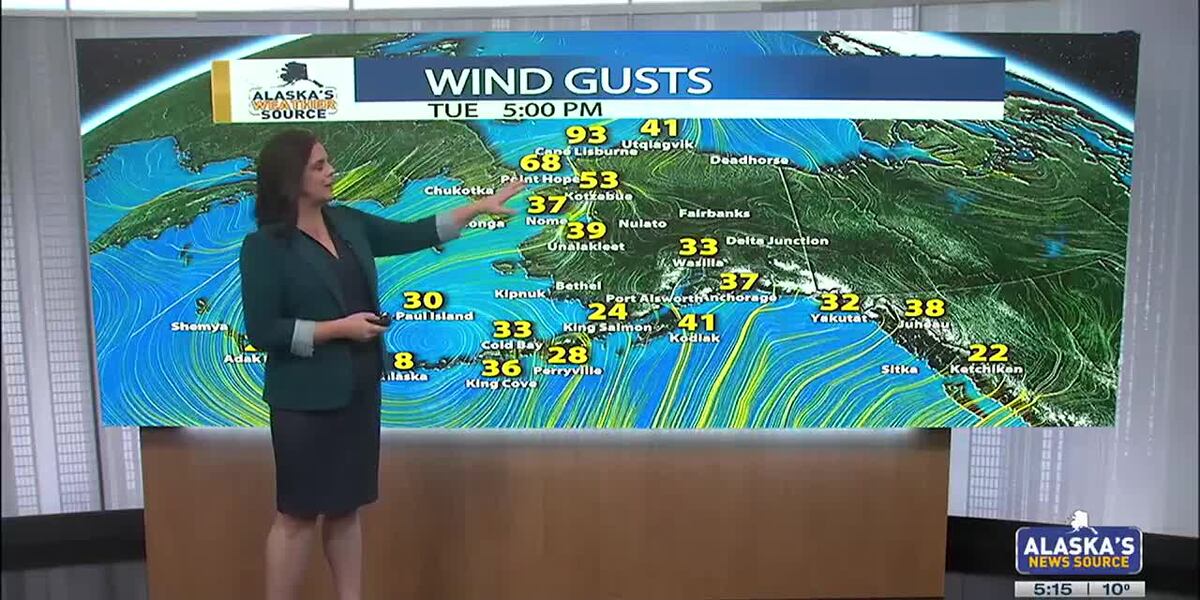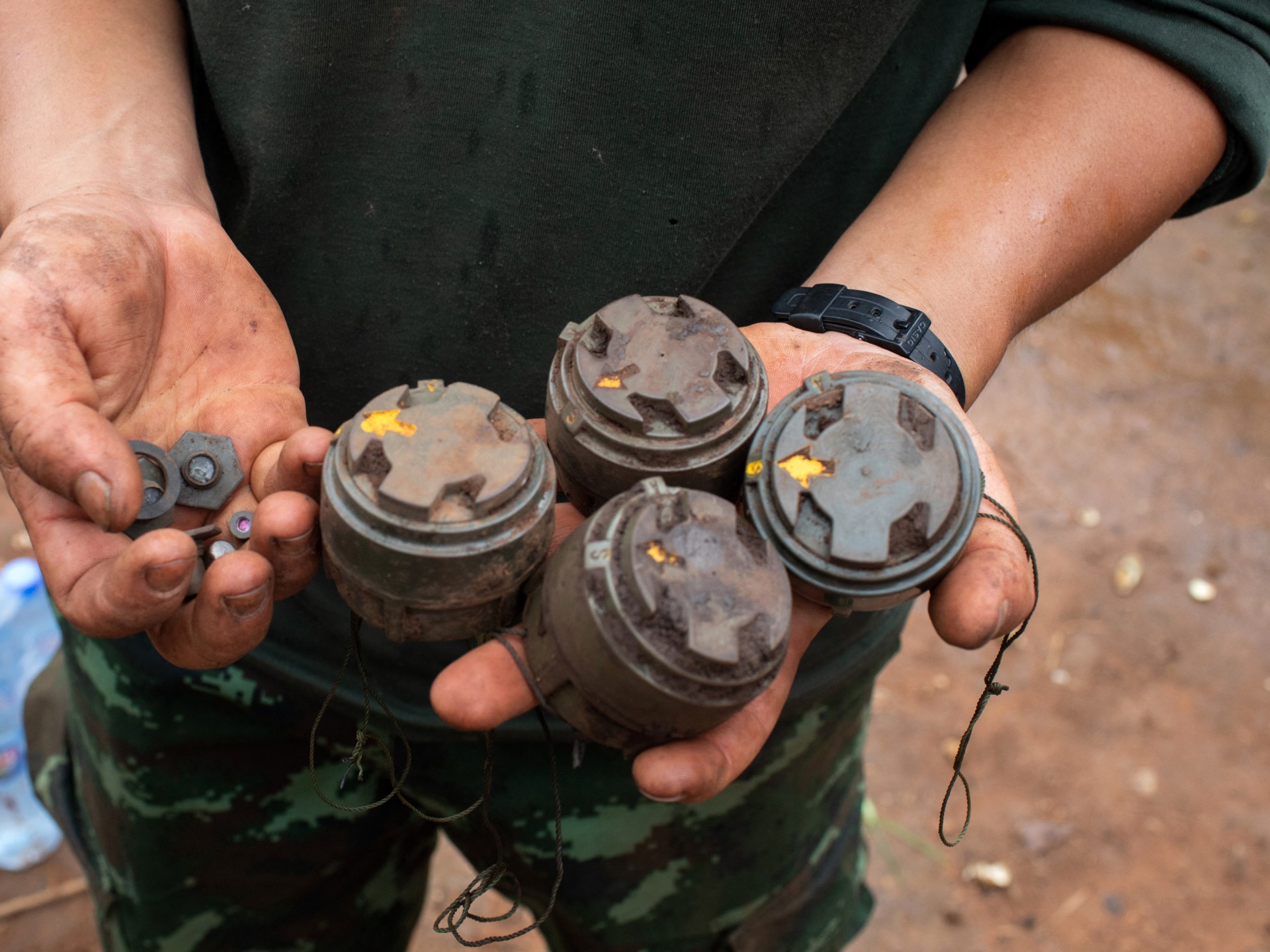As leaders in two distinct realms of Alaska’s fisheries — commercial fisheries and the charter guide industry — we often navigate different currents regarding our views on fisheries management. However, there is one thing we unequivocally agree on. Proposal 43, which will be before the Board of Fisheries this week at a meeting in Homer, is dangerous for all fisheries and fishermen of all user groups.
While our backgrounds may differ, our shared love for Alaska’s abundant waters and the iconic salmon inhabiting them unite us. Together, we stand in staunch opposition to Proposal 43, recognizing the collective strength of our fisheries community when we come together to protect our cherished resource.
Proposal 43, which seeks to haphazardly reduce pink salmon production in our region significantly, presents an alarming threat to our salmon runs and the delicate balance we’ve worked hard to achieve. We have witnessed the profound impact of fisheries on our communities, economies, and livelihoods, and we are committed to advocating for the responsible and science-based management of our fisheries.
Let’s set the stage: Alaska’s aquaculture industry has been instrumental in supplementing our salmon populations and ensuring our communities thrive. Alaska’s private nonprofit hatchery programs are tightly regulated and overseen by the Department of Fish and Game. The Cook Inlet Aquaculture Association, or CIAA, has been pivotal in supporting all user groups’ harvests in our region since it was established in 1976. Its hatchery operations have bolstered our salmon runs and decreased pressure on wild returns in years of lower abundance, providing vital and sustainable income and sustenance for thousands of Alaskans. This maintains the rich traditions of our fishing heritage.
But make no mistake, this isn’t just about commercial fisheries. Alaska’s charter guide industry, represented by charter business owners across the state, plays an equally vital role in our fisheries ecosystem. We connect people from around the nation and the world with the experience of catching wild salmon in our pristine waters. Our industry contributes to local economies, supports jobs and fosters a deep appreciation for our natural surroundings.
So why the opposition to Proposal 43? Simply put, this proposal threatens the interconnected web of our fisheries community. Reducing pink salmon production by a staggering amount at CIAA would have far-reaching repercussions, affecting commercial and sport fishermen, subsistence harvesters, and public-use anglers and dipnetters who come to the Kenai Peninsula and Homer every summer.
The consequences reach beyond dollars and cents. The proposal’s potential to disrupt the delicate balance between wild and hatchery-produced salmon runs is a cause for concern. We firmly believe that fisheries management should be grounded in science and data, ensuring that decisions reflect the complex dynamics of our salmon stocks.
What makes us most proud is the solidarity we’ve witnessed within our fisheries community. We are not alone in our opposition to Proposal 43. Whether they hail from commercial, charter, subsistence, or public use sectors, fishermen recognize this proposal’s peril. We celebrate our common ground — a love for Alaska’s salmon and a commitment to its sustainable management.
Not all fishermen wish to divide and oppose; many of us are united in our gratitude to work together to improve our resources and the future of our fisheries. We are grateful for the collective strength we find in unity.
As leaders, we are bound by our responsibility to advocate for the responsible management of our fisheries. Our diverse backgrounds underscore the common thread that runs through our fisheries — our shared appreciation for the salmon in our waters and the desire to see them flourish long-term.
In closing, we call on the Board of Fisheries to carefully consider the far-reaching implications of Proposal 43 and oppose it. Let us stand together, united in our commitment to Alaska’s fisheries and the generations that will follow in our wake. Let us protect the legacy that is our fisheries heritage.
Malcolm Milne is a Homer resident, serves on the board of directors at Cook Inlet Aquaculture Association and has been commercial fishing in the region since 1995. He owns and operates the F/V Captain Cook and fishes for halibut and salmon.
Brian Ritchie is 33 years old and was born and raised in Homer. He received a bachelor’s degree from the University of Alaska Anchorage and finished a master’s degree in Environmental Science focusing on fisheries in 2020. He started his charter fishing business in 2016 and has been lucky to partner with and grow the business, adding more vessels and an office where they provide bookings for other owner-operators in Homer.
The views expressed here are the writer’s and are not necessarily endorsed by the Anchorage Daily News, which welcomes a broad range of viewpoints. To submit a piece for consideration, email commentary(at)adn.com. Send submissions shorter than 200 words to letters@adn.com or click here to submit via any web browser. Read our full guidelines for letters and commentaries here.

:quality(70)/cloudfront-us-east-1.images.arcpublishing.com/adn/6AXTKK4B7NBA7M2DUZRDZNDSIU.jpg)







:quality(70)/cloudfront-us-east-1.images.arcpublishing.com/adn/VERLIMMW2VDANMX4A73IG4I7KM.JPG)

















/cdn.vox-cdn.com/uploads/chorus_asset/file/25724877/Super_Nintendo_World.png)




